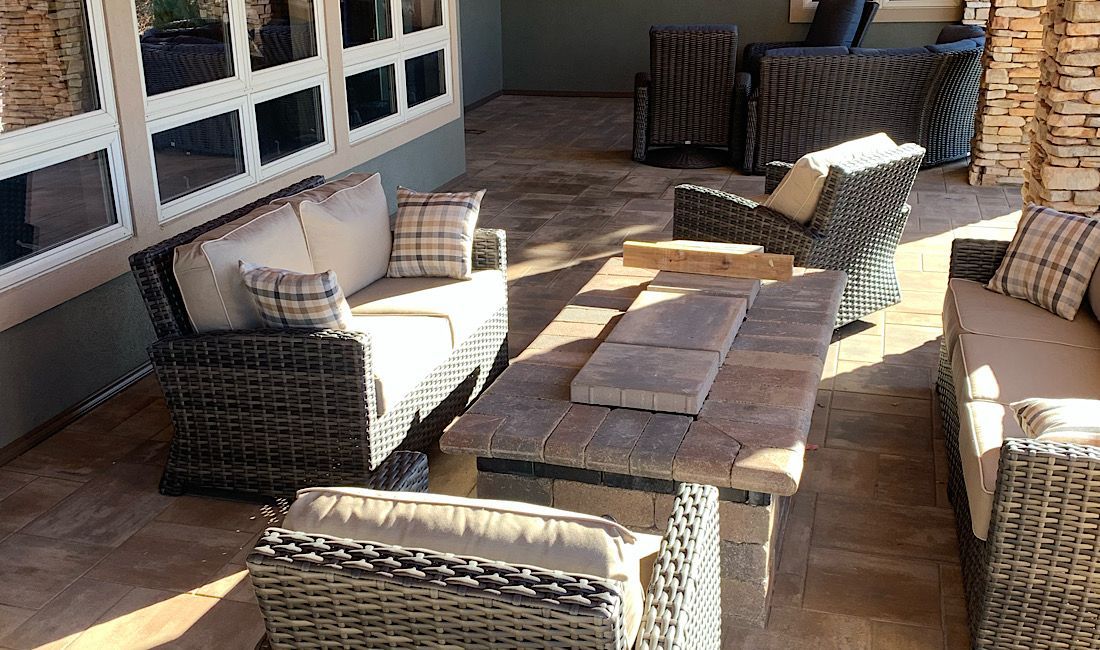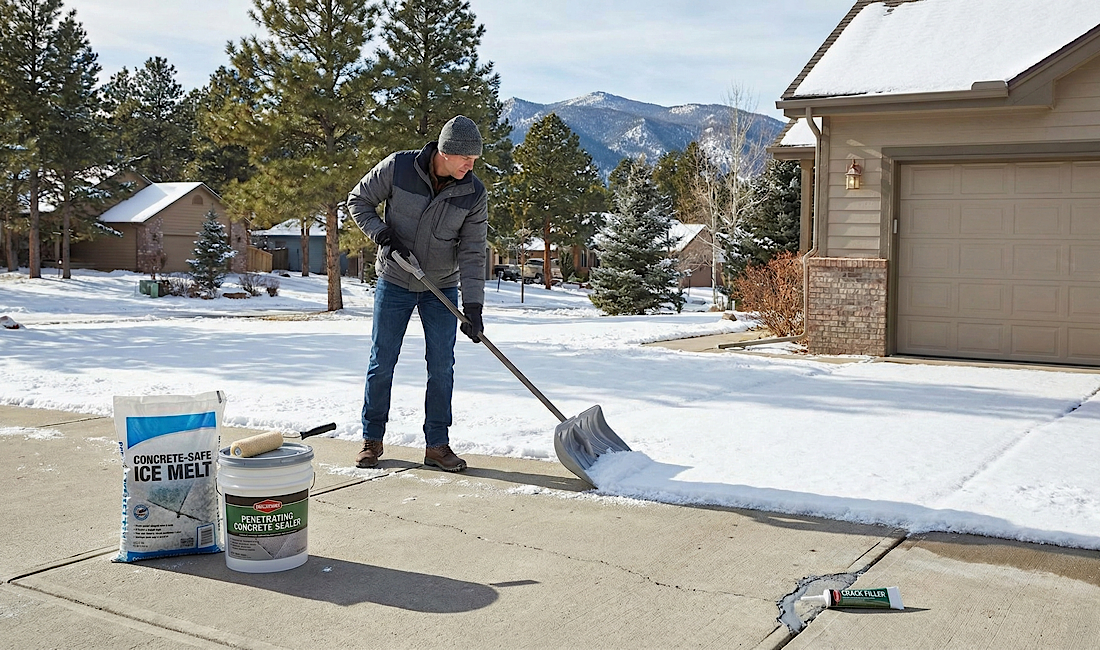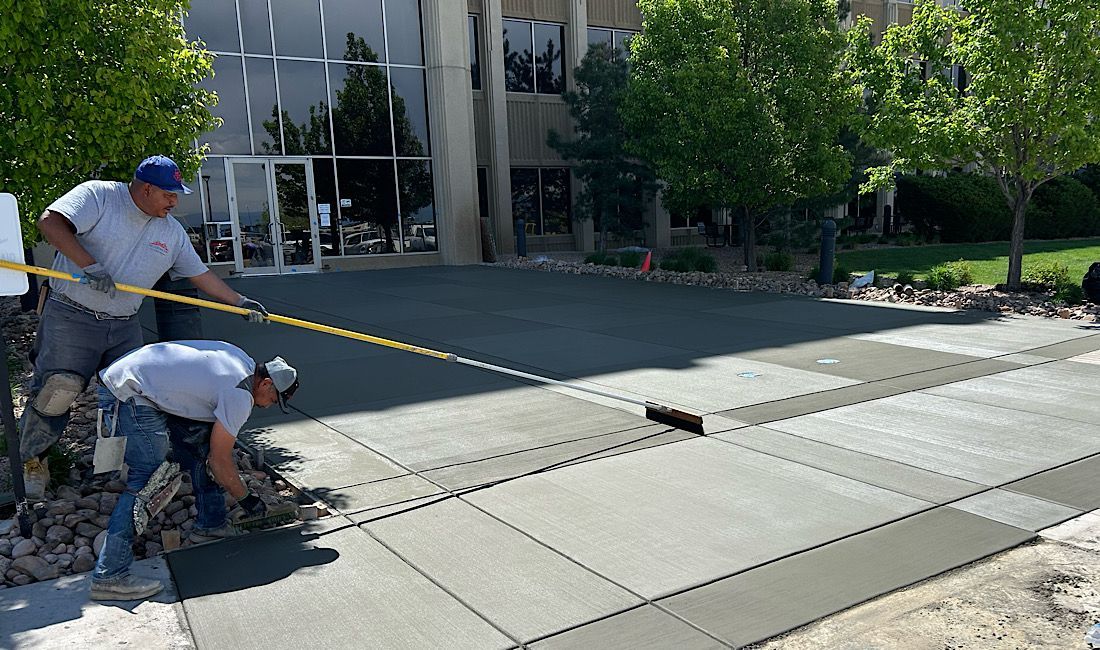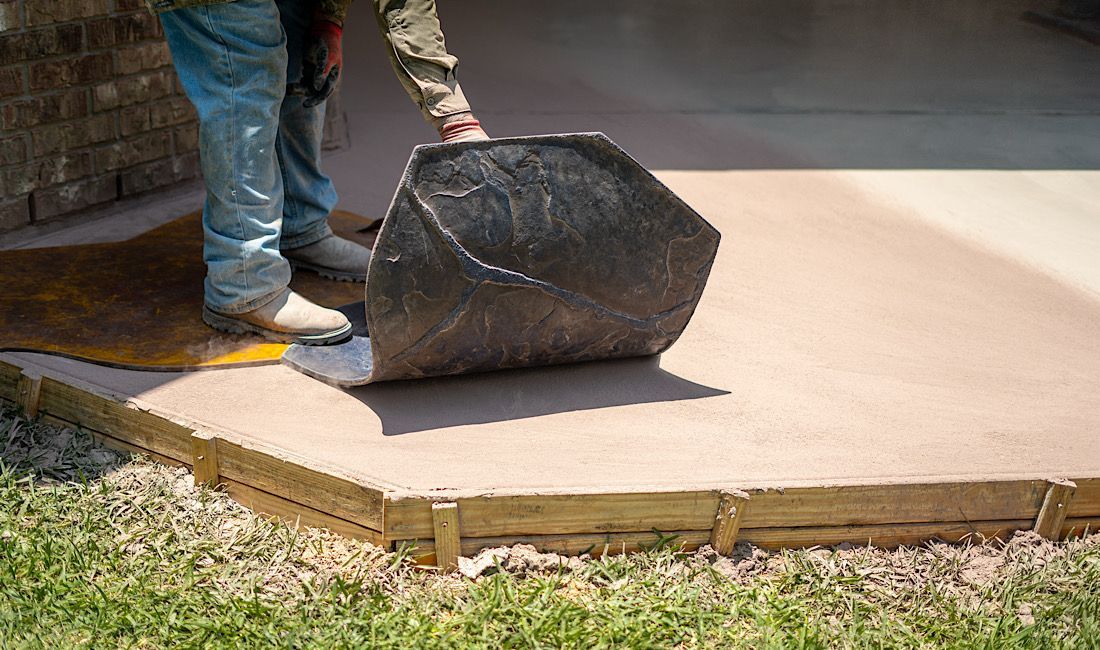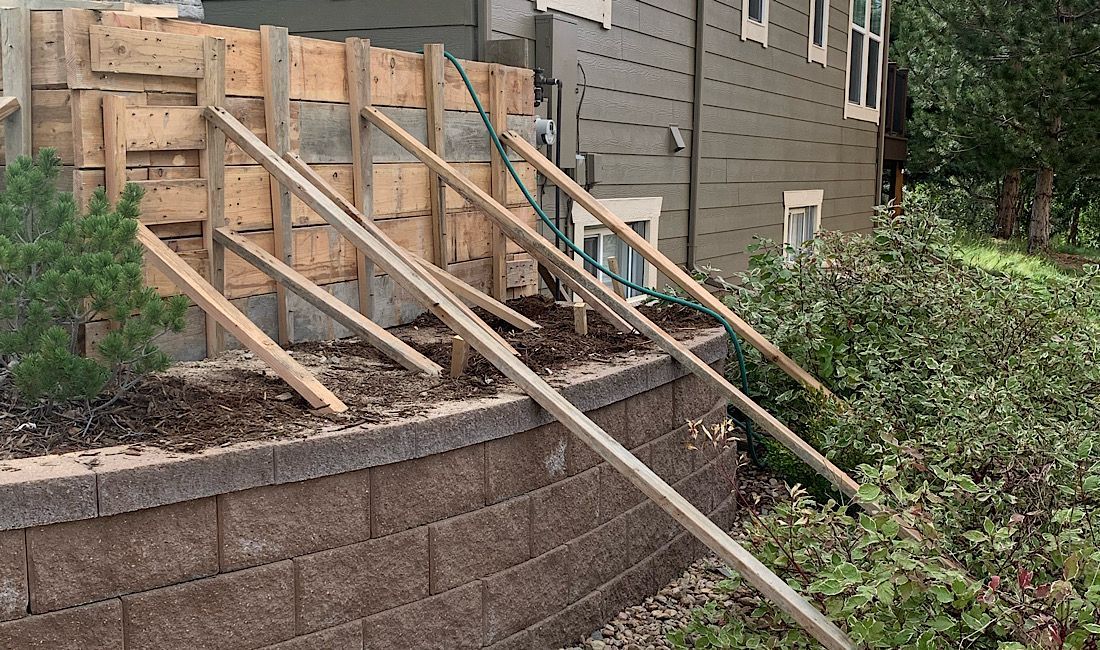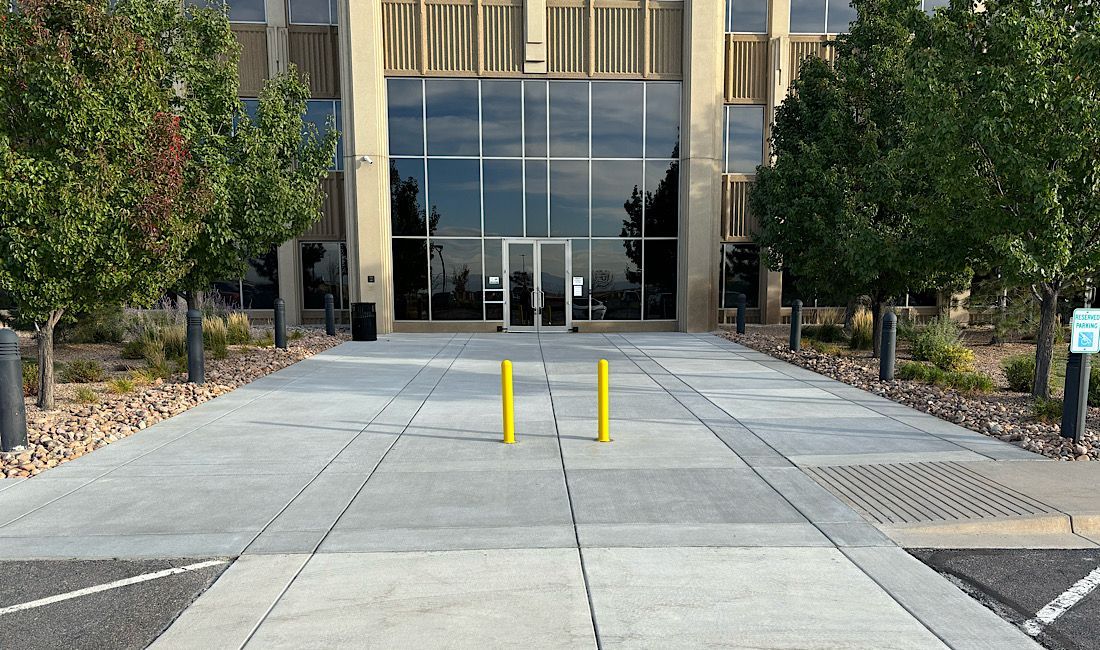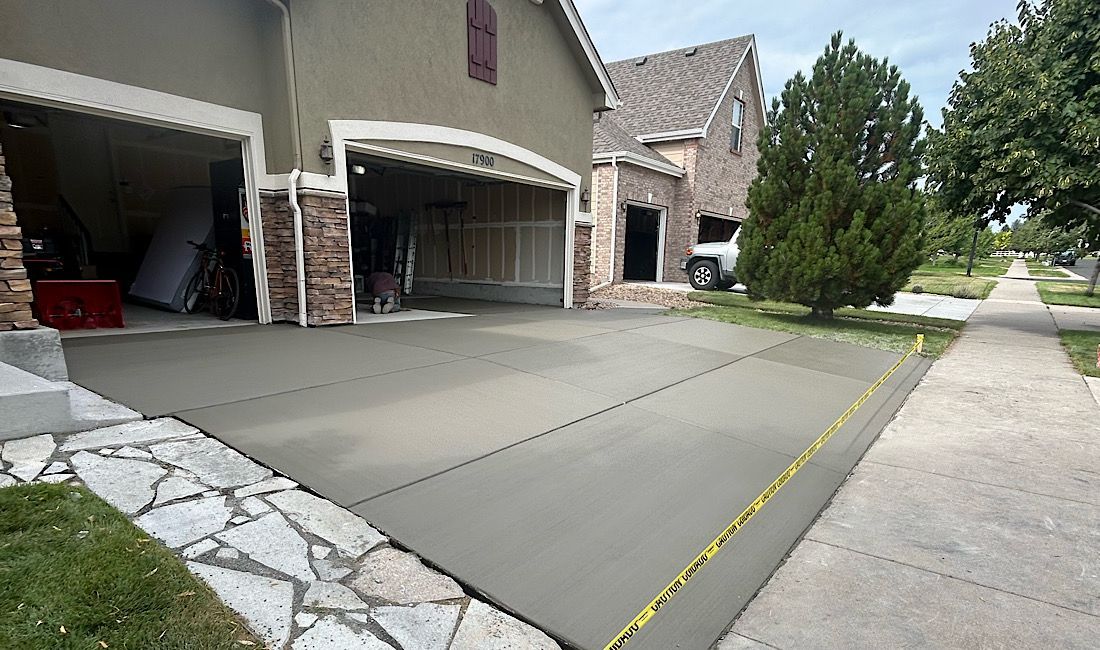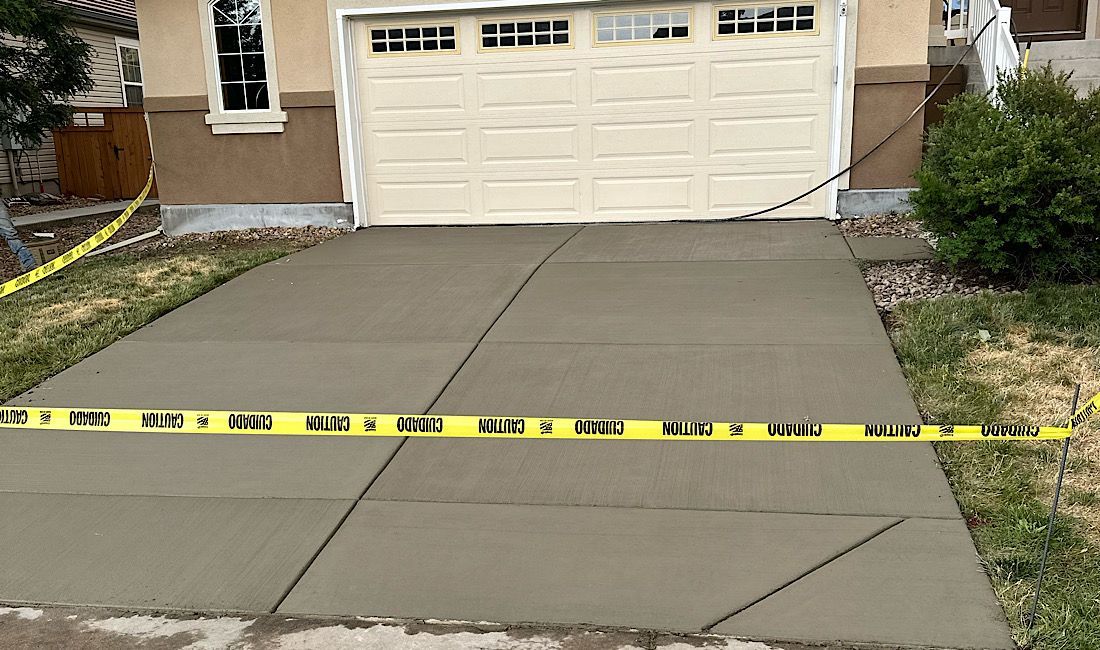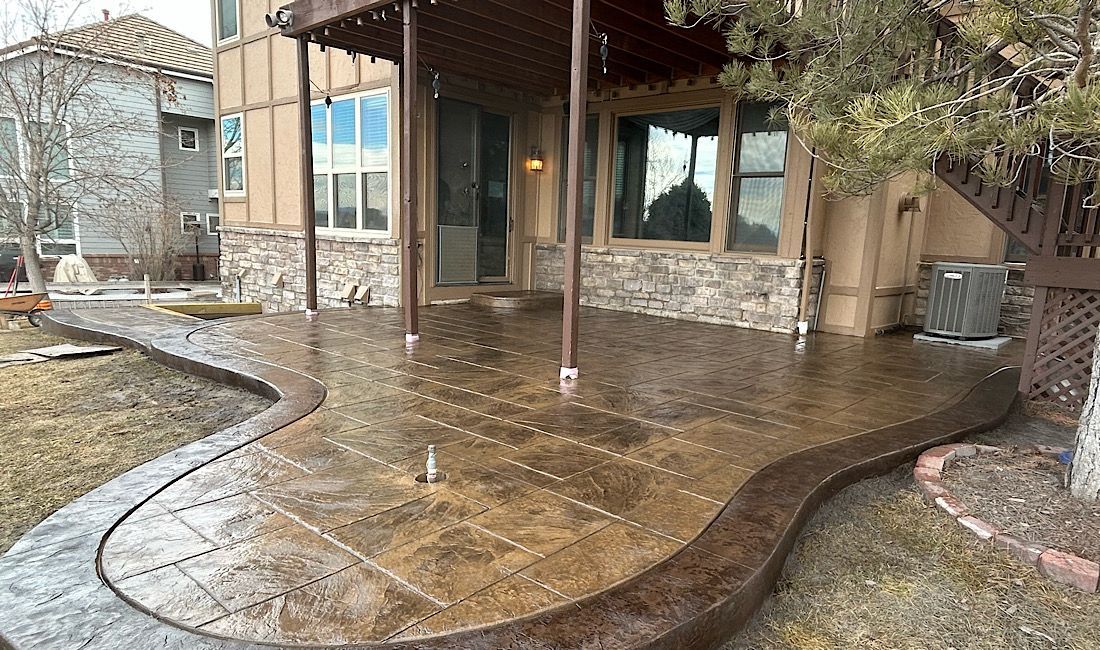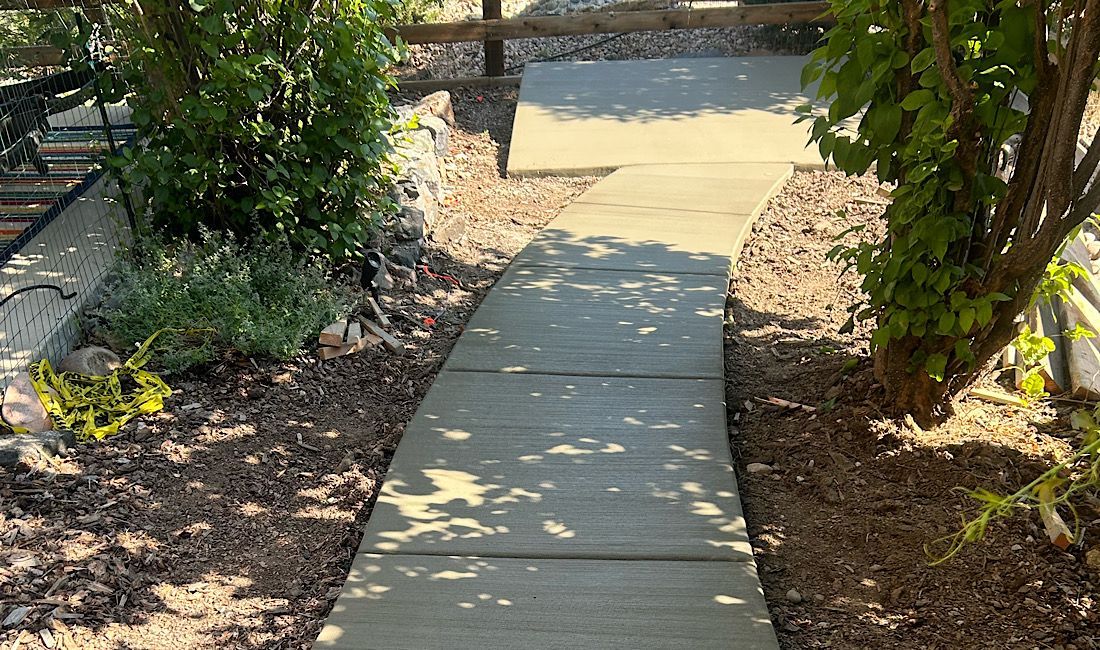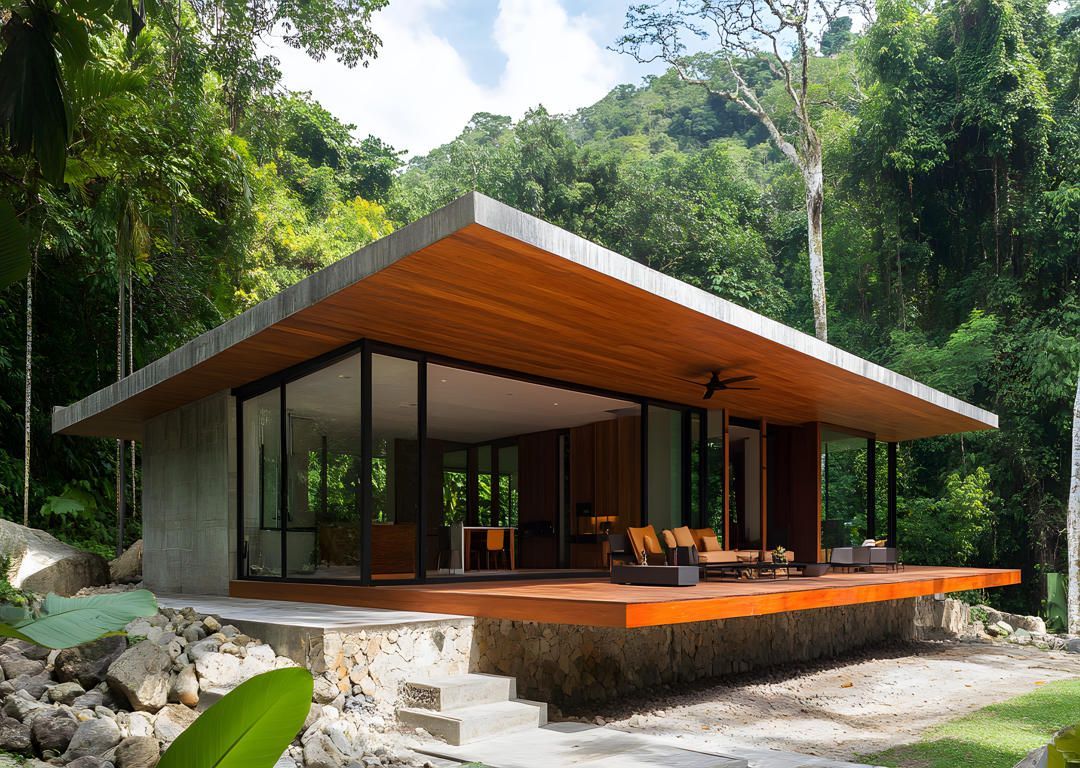
As eco-conscious living becomes more than just a trend, families across Denver and the Front Range are reimagining their outdoor spaces with sustainability in mind. With long, sunny summers and an increasing focus on green building practices, choosing an eco-friendly patio is a smart investment for homeowners who care about the environment — and their curb appeal.
In Denver’s semi-arid climate, it’s especially important to build patios that can withstand temperature swings, limit heat absorption, and reduce water use. For those designing or upgrading a backyard space, traditional concrete slabs are no longer the only option. Instead, homeowners are turning to innovative, green patio materials and sustainable building practices that minimize environmental impact without compromising durability or style.
Creteworx, a trusted concrete contractor based in Castle Rock, CO, helps Denver-area homeowners explore patio solutions that reduce carbon footprint, manage stormwater naturally, and elevate outdoor aesthetics with earth-friendly design.
Top Eco-Friendly Patio Materials for Conscious Homeowners
If you’re looking to make your backyard more sustainable this summer, your material choices matter. Eco-friendly patios rely on low-impact, recyclable, or renewable materials, along with construction techniques that prioritize longevity and reduce waste.
Here are four popular, environmentally responsible patio options that work well in Denver’s climate:
Pervious or Permeable Concrete
Unlike standard concrete, permeable concrete allows rainwater to seep through into the ground rather than running off into storm drains. This reduces erosion, replenishes groundwater, and helps manage Denver’s unpredictable rainfall. It’s also low-maintenance and visually sleek — ideal for modern backyards. According to the U.S. Environmental Protection Agency, permeable pavement can reduce runoff volume by up to 90% in some applications.
Recycled Concrete Aggregate (RCA)
Rather than pouring new concrete, RCA patios repurpose crushed concrete from demolished buildings. This approach conserves resources, reduces landfill waste, and lowers the embodied carbon of your patio project. Recycled concrete performs nearly identically to virgin materials and is often more affordable.
Natural Stone or Flagstone
While not technically concrete, many eco-conscious families opt for locally sourced stone patios to reduce shipping emissions. When installed with sand or gravel bases, these patios allow for natural drainage and temperature regulation. Stones like Colorado Buff or Sandstone blend beautifully with the region’s natural palette and stay cooler underfoot.
Eco-Friendly Stamped Concrete
Stamped concrete gets a green upgrade when poured using low-carbon mix designs or carbon-capturing additives. When paired with light-colored stains or reflective sealants, this material also helps reduce the urban heat island effect — a growing concern in metro Denver. Add solar-powered lighting or native landscaping around the patio for a fully sustainable touch.
Green Design Considerations for a Sustainable Outdoor Space
Choosing eco-friendly materials is only one part of the equation. The overall design and function of your patio can significantly impact its environmental performance. Here are some additional ways to create a sustainable backyard haven:
- Orientation and Shading: Position your patio to maximize natural shade and airflow. Use pergolas or trellises made from reclaimed wood to reduce direct sun exposure.
- Water-Efficient Landscaping: Replace water-thirsty turf with drought-tolerant native plants. Use drip irrigation systems to minimize waste.
- Recycled Furnishings: Opt for outdoor furniture made from upcycled materials like composite wood, reclaimed metal, or recycled plastic.
- LED and Solar Lighting: Choose solar path lights or LED fixtures to cut down on energy consumption during evening entertaining.
All of these choices can work together to create a holistic, earth-conscious backyard retreat that balances form and function.
Eco-Friendly Patio Costs vs. Traditional Builds
Wondering how the investment compares? While sustainable patios may have a slightly higher upfront cost depending on materials, they often offer long-term savings in maintenance, water use, and lifespan.
Here's a simple comparison:
| Patio Type | Avg. Cost per Sq Ft | Environmental Benefit | Lifespan |
|---|---|---|---|
| Standard Concrete | $6–$10 | High carbon footprint | 25–30 years |
| Permeable Concrete | $8–$15 | Stormwater management | 20–30 years |
| Recycled Concrete Aggregate | $5–$9 | Reuses materials, low waste | 20–25 years |
| Natural Stone (Local) | $15–$30 | Low emissions if locally sourced | 30+ years |
| Eco Stamped Concrete | $10–$14 | Aesthetic with lower carbon mix | 25–30 years |
Denver homeowners can also explore available state and local incentives for sustainable landscaping and water-saving features, helping to further offset costs.
What Denver-Area Families Are Saying
“Our goal was to build a patio we could enjoy without guilt. Creteworx guided us through options that matched our style and values — we ended up with a permeable concrete design that looks incredible and helps with water runoff.”
– Samantha T., Highlands Ranch, CO
“We wanted something unique and natural. Creteworx sourced beautiful recycled concrete pavers and installed them flawlessly. We get compliments on it all the time.”
– Daniel K., Parker, CO
Ready to Build Green? Let Creteworx Help You Get Started
Sustainable living starts at home — and your outdoor space is a great place to begin. Whether you're installing a new patio or upgrading an existing one, Creteworx offers eco-friendly concrete and green patio solutions designed specifically for Colorado homeowners.
Let your patio be a reflection of your commitment to both beauty and the planet. Call Creteworx in Castle Rock, CO at 720-336-4882 or visitonline today to schedule your eco-conscious patio consultation today.
